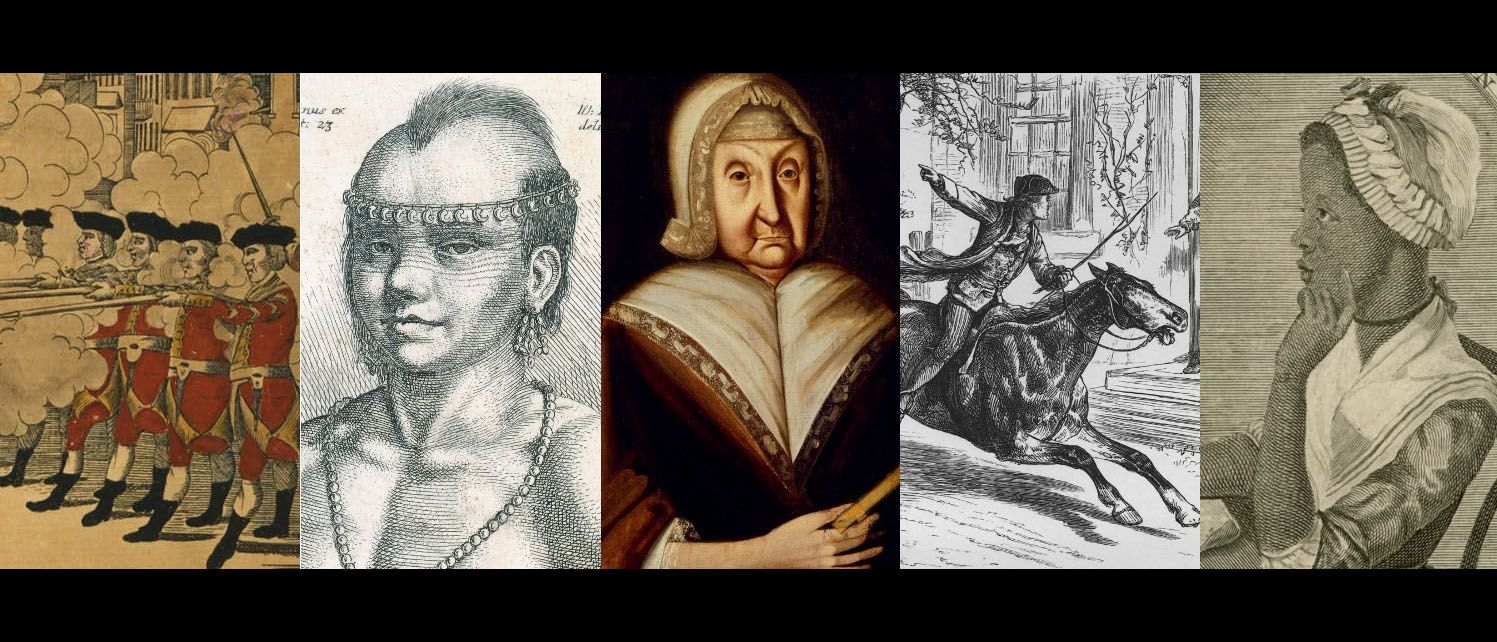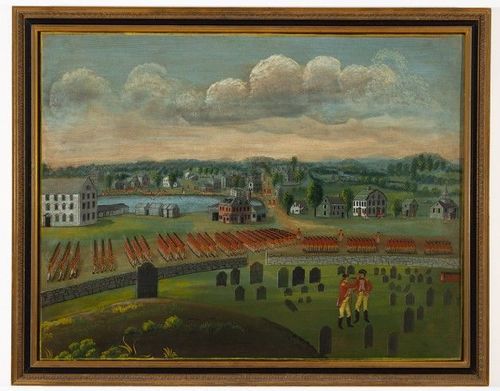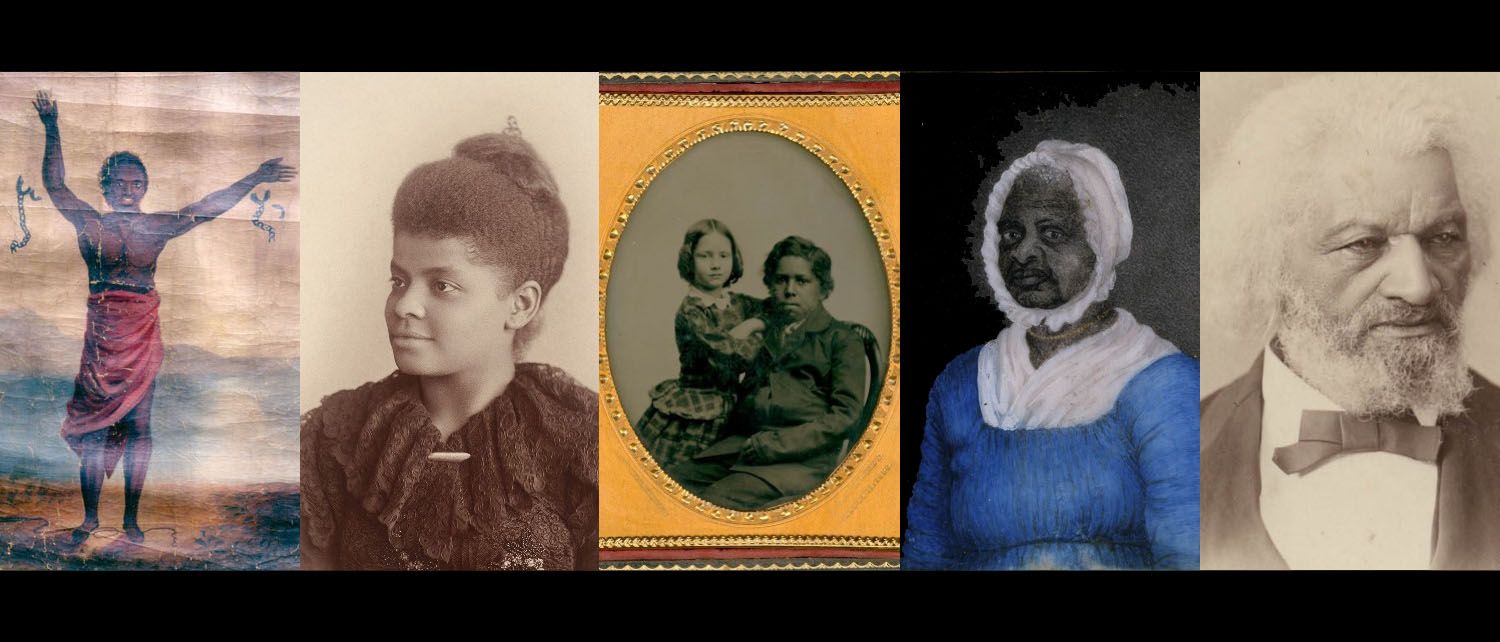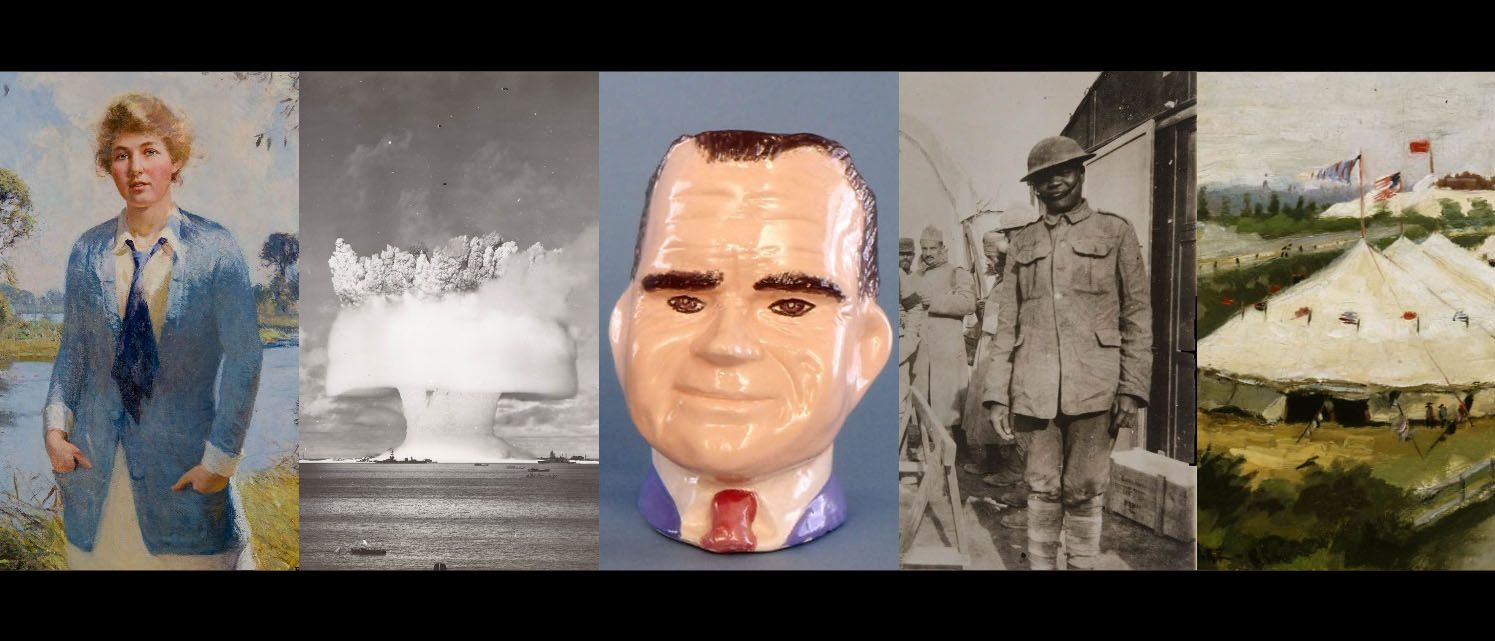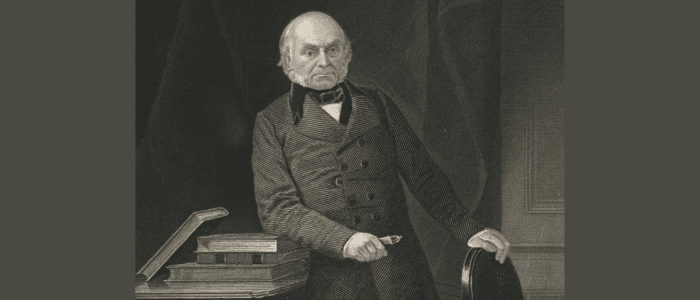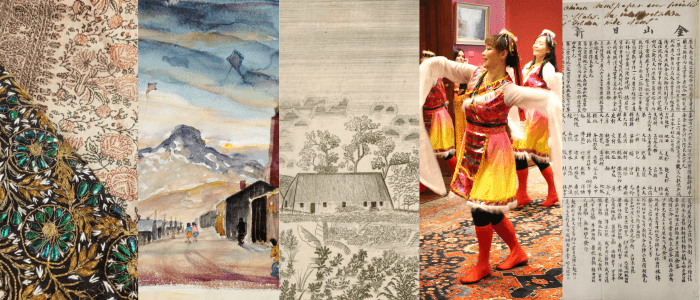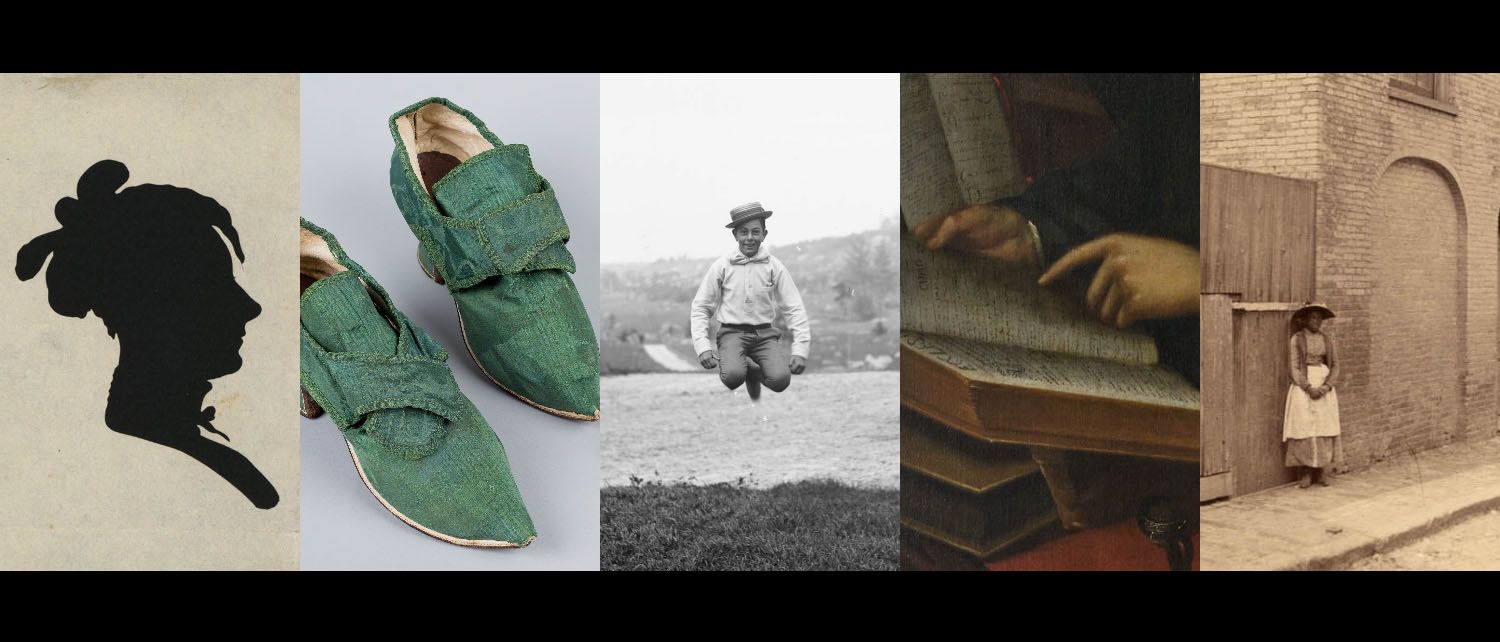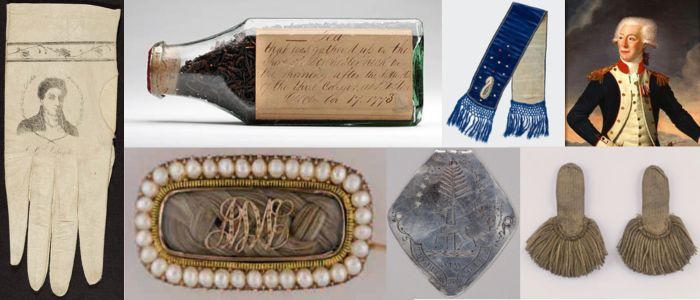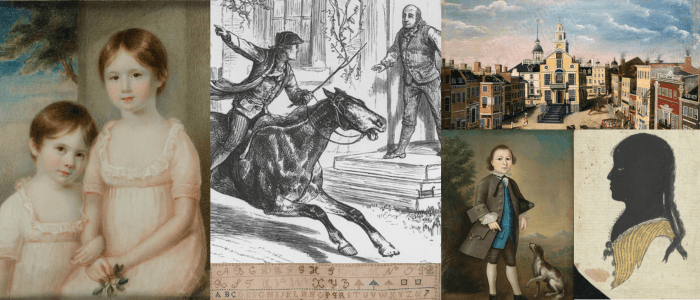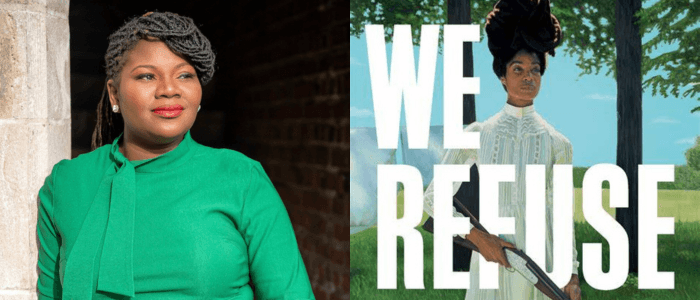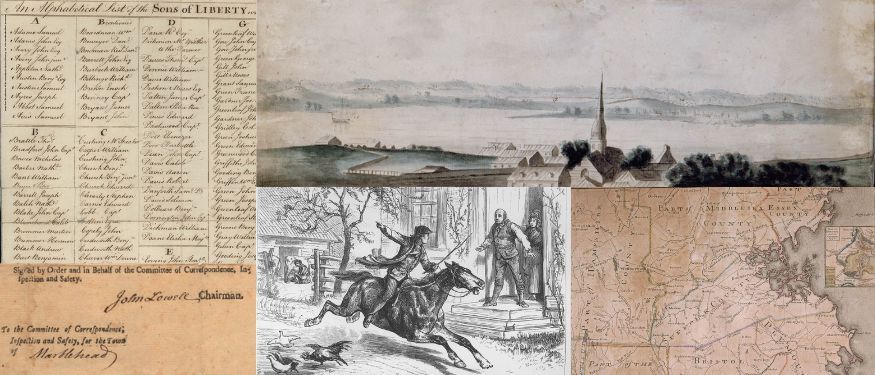Event
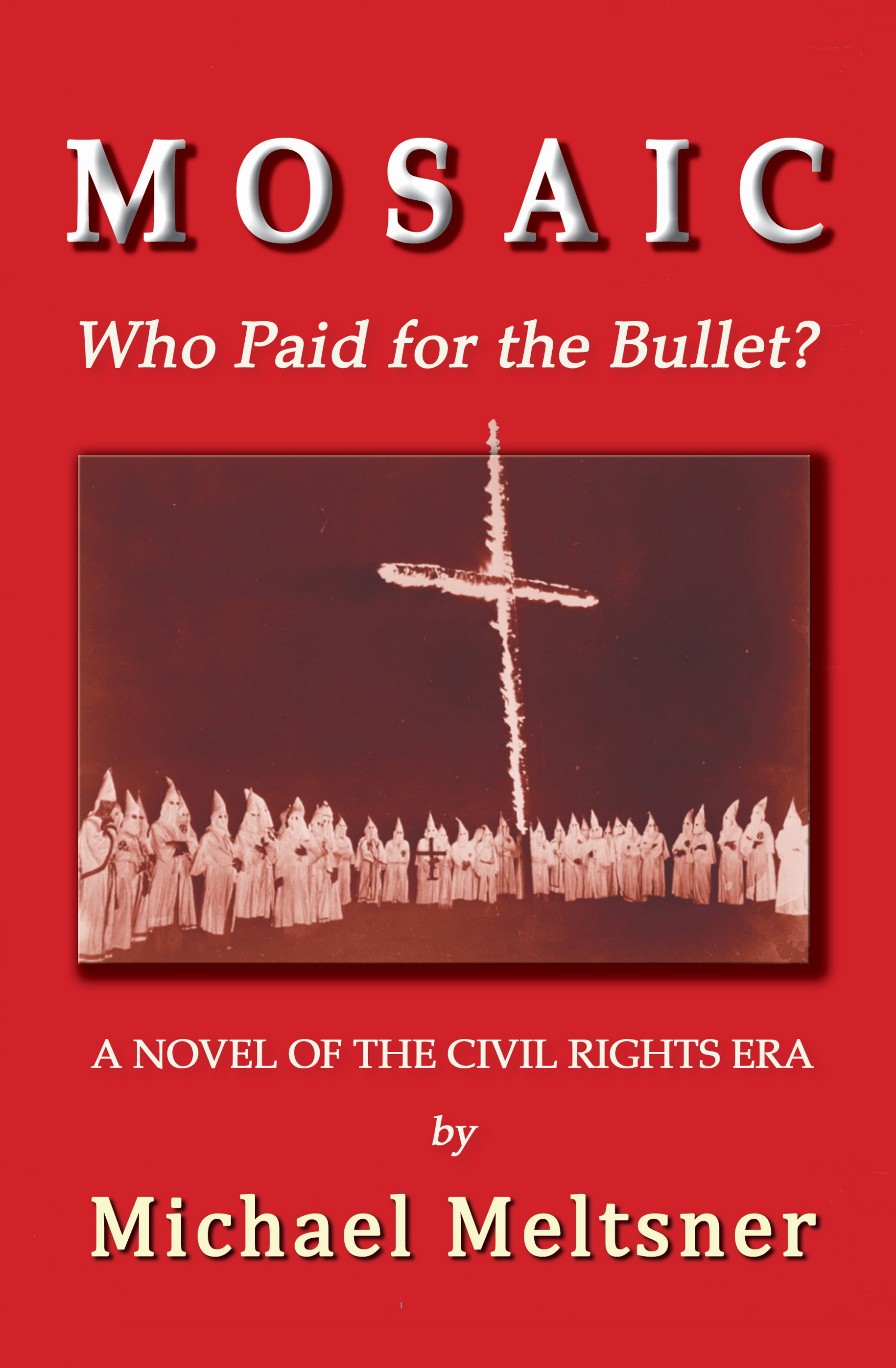
Mosaic: Who Paid for the Bullet?
Michael Meltsner
This is a hybrid event. In person, $10 per person fee, no charge for MHS Members, EBT Cardholders, or virtual guests. The in-person reception starts at 5:30 and the program will begin at 6:00.
Mosaic brings to life the story of the 60s murder of a woman who was a doctor who courted danger trying to dismantle a racially segregated healthcare system in a large southern city. The search for who ordered the killing takes civil rights lawyer Christopher North to the centers of power, where a government intervention goes deadly wrong. It also forces him to confront the meaning of revenge—she wasn’t just a client to him—for a crime that occurs at the intersection of hate and greed. Michael Meltsner, a civil rights lawyer who brought the case that ultimately led to the push to integrate medical facilitates previously barred to Black patients and doctors, will discuss how his experience in this role inspired his recent true crime novel.
Hybrid Event
The in-person reception starts at 5:30 and the program will begin at 6:00.
Masks are required inside the MHS building. Learn more about our COVID-19 protocols.
The virtual program begins at 6:00 PM and will be hosted on the video conference platform, Zoom. Registrants will receive a confirmation message with attendance information.
